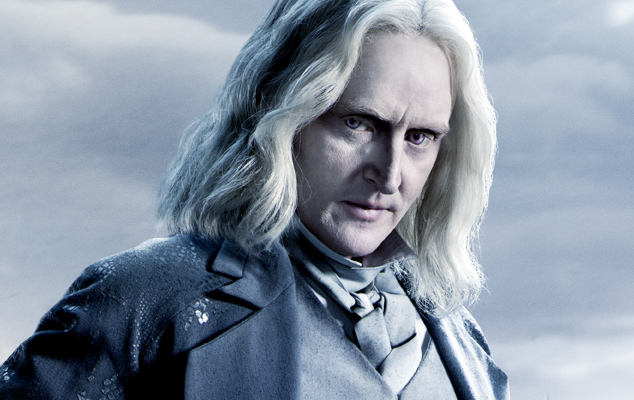Confession: I’m a science fiction geek. Been reading it since Arthur C. Clark was the genre’s “go to” guy. And if there is such a thing as reincarnation I’m definitely returning as a Taoist spaceship captain on a deep space mission into the unknown.
(Speaking of reincarnation … will “I”—Cate Montana —return? No. definitely not. “Cate” is pure illusion. Will some other, broader, less condensed, (and undoubtedly less syfy-oriented) non-human individualized awareness that represents “me” in the most ineffable way make its return to animate another human body someday? Maybe. I have no idea. But if that does happen, I sure as hell hope “I” return knowing what I know now and don’t have to frikkin’ start over from scratch (again.))
But I digress.
Not surprisingly, decent syfy movies and TV shows are more enjoyable to me than consuming fine vintage wine, providing exploration of strange civilizations and species, different cultures, ethics and spiritual insights into the nature of existence and the realm of identity.
Which brings me to the subject of this blog: Datak Tarr.
Datak is a Castithan male emigree to Earth from the Votan Collective and one of the stars of the (now defunct) TV series “Defiance.” Arrogant, narcissistic and cruel, his entire will is bent upon the acquisition of political power and wealth at any cost.
In one scene he kills an alien from his home world (a member of another species considered “unclean” by Castathan standards) who dares manhandle him during a hostage situation involving the human hero of the show (who is unconscious at that particular moment) and another guy, a muckety-muck from the Earth Republic (the last vestige of human political organization in North America).
Datak shoots the “unclean Irathian” then loses it, repeatedly kicking the body and spitting on it in rage. Eventually, with effort, he calms himself, sweeps his bedraggled white hair back from his sweating brow, stares down at the mutilated body and says, “This really does not suit my narrative.” Then calmly looks up and shoots the Earth republic guy dead between the eyes.
Which brings me to the object of this blog: What is your narrative? And how much control do you have over it?
Every ego has a narrative—a plotline of actions and choices based in who we think we are. And “who we think we are” is totally the result of our upbringing, cultural conditioning and genetics.
Datak is a low-caste wannabe in an enormously caste-conscious culture. His father hungered for power and honor and viciously instilled his hungers into his young son. Then the Castathan world (literally) disintegrated. Datak survived the mayhem, escaped his father’s influence and got passage for himself and his wife to Earth.
In light of this background, Datak’s corrupt and violent actions are understandable. His ego is driven by his social conditioning and a backlog of suppressed rage, insecurity and father issues. His ego’s narrative includes a picture of how he must present himself to others in order to be accorded the influence and prestige he desires.
Having someone in power witness a sociopathic hissy fit over an “untouchable” is not in alignment with his overarching goals and narrative. Thus his action, shooting the Earth Republic guy, is justified. It’s not moral. But that’s not the point. It’s necessary.
What’s interesting about Datak is that, unlike most of us, he’s fully aware of all of it: his desires, his narrative, his pragmatic corruption, and his background programming. And because of this he does not fool himself. As a result (aside from the occasional meltdown) he has tremendous control over his life and destiny. And this makes all the difference.
I won’t spoil his story arc for possible viewers. Let’s just say he chooses to go in some very interesting directions over the course of the three seasons of “Defiance.”
But then back to you and me.
The ego is a perspective based in: 1) sensory perceptions and the worldview of separation and individuality the body gives us, 2) family influence (also received through the body senses), 3) cultural programming (economics, education, religion, politics—also received through the body senses) and 4) genetics (the body itself).
The degree of control we have over our lives is directly proportional to the degree we are aware of our body programming. In others words: the degree of genuine freedom we can attain in life totally depends upon how aware we can become of our ego: our body-conditioned program.
Only then do we have free will.
Only then do we have choice.

